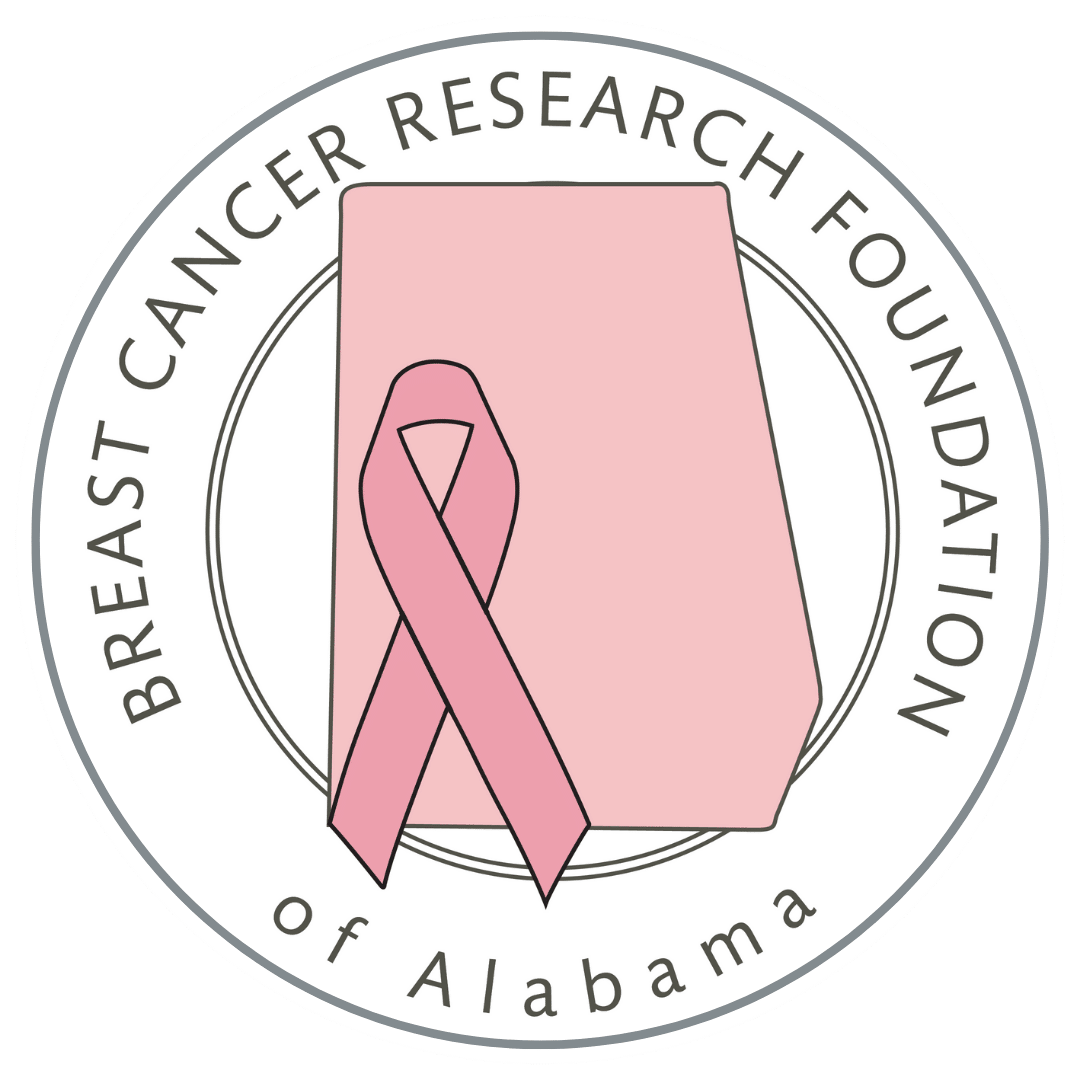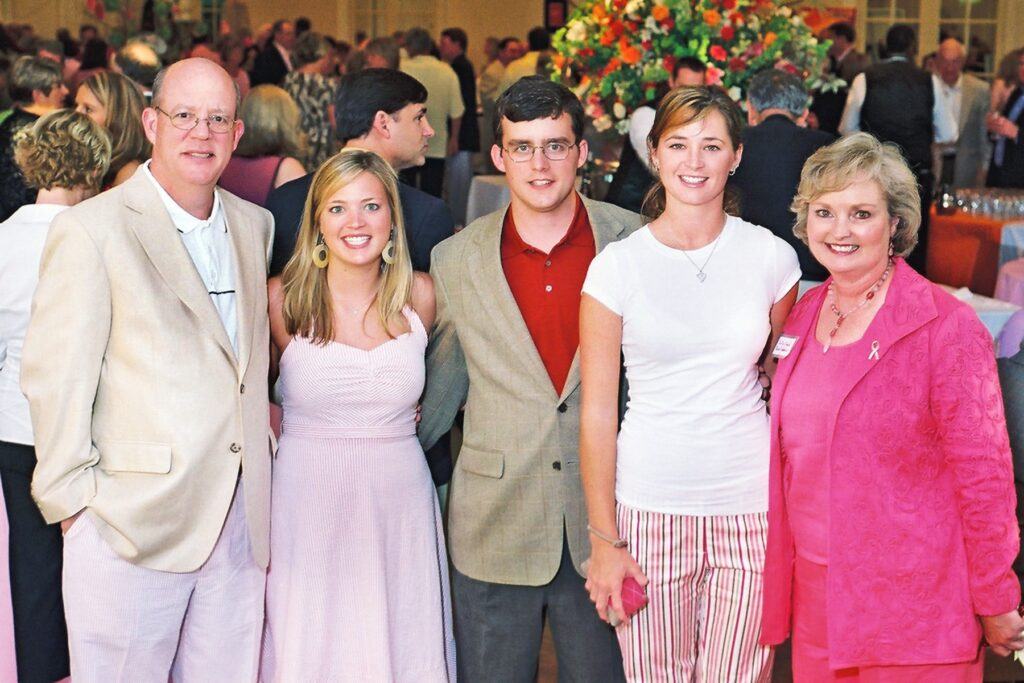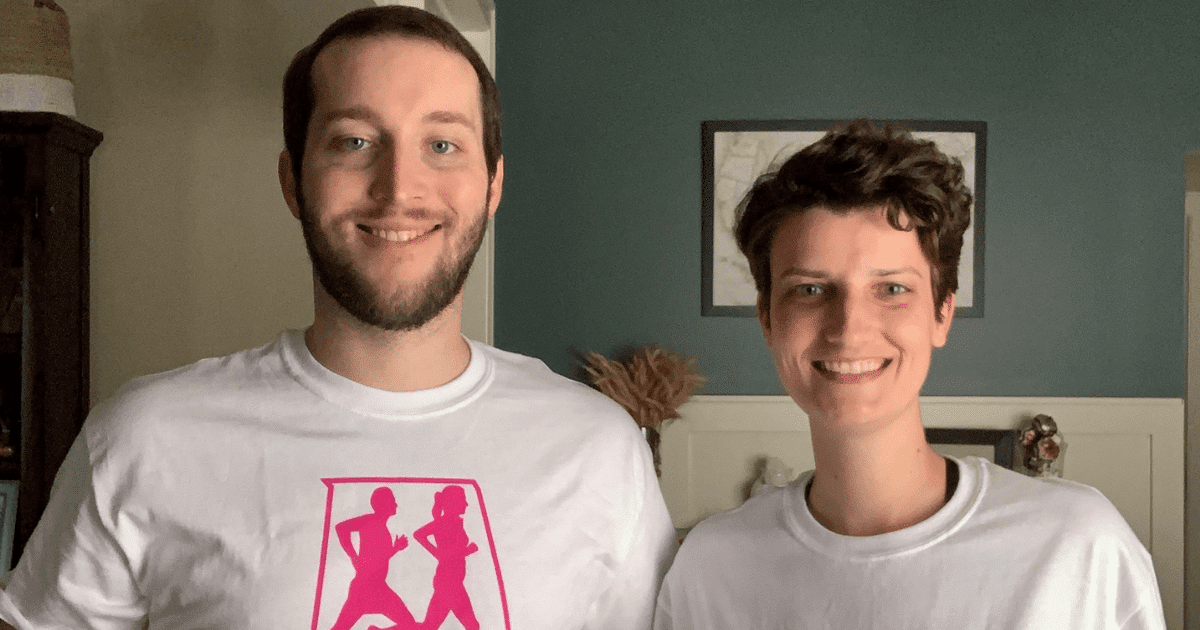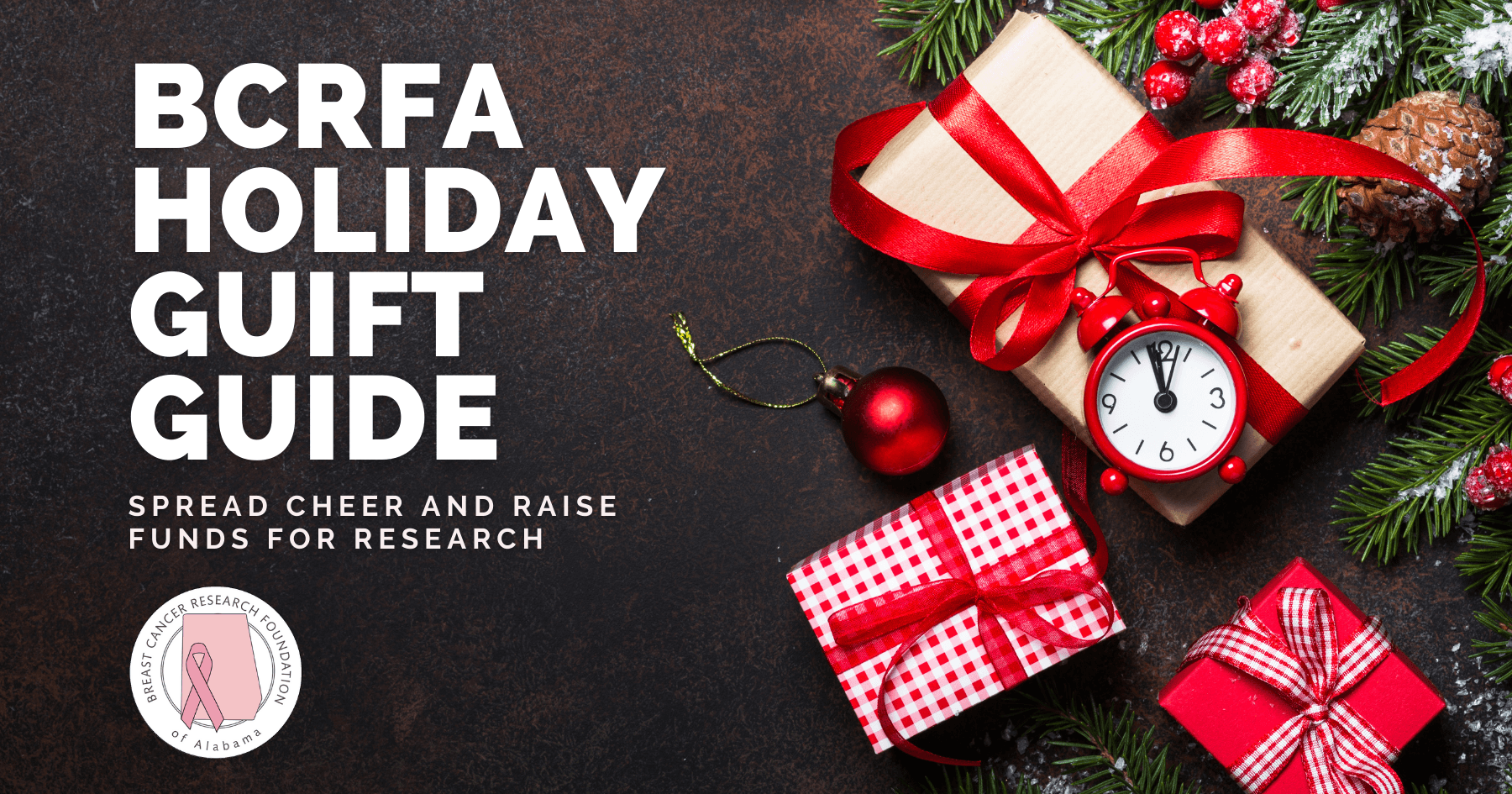SPOTLIGHT ON: Amy Stevens, Junior Board Co-President
November 24, 2020
Many individuals can say they’ve been involved with the BCRFA for years. But few can say they’ve been there since the very beginning. One of those few is Amy O’Neal Stevens.
Daughter of BCRFA co-founder Dolly O’Neal, Amy has been closely invested in the BCRFA’s fundraising activities since she was nine years old, volunteering at the very first Drive-Out Breast Cancer Golf Tournament. Now, she volunteers as co-president of the BCRFA junior board.
Today, we’re sharing Amy’s stories from the early days of the BCRFA, her views on building community and her hope for more young people to get involved in the fight against breast cancer.
Thanks for joining us today, Amy. So, how long have you been involved with the BCRFA?
Since the very beginning. When I reflect back on when my mom and Bruce started the BCRFA, the organization and I basically grew up together. I was nine years old at the first golf tournament 25 years ago, I was running around helping my mom and driving a golf cart.
It’s been amazing to see how far the BCRFA has come. I had a full circle moment when we held the first annual Pink Up the Pace. I got a little emotional because now I’m the one rushing around, with my kids. As I was picking up signs and running other errands for the event, I looked in the backseat at my kids and it hit me, “That was me with my mom 20 years ago!”
Tell us about how breast cancer has touched your life.
My mom was first diagnosed when I was in the third grade. Back then, hardly anyone talked about cancer. It was almost a forbidden word you shouldn’t bring up in conversation. It was a scary thing with a lot of question marks around it. I think that was another contributing factor to my mom starting the BCRFA. She knew there were so many people affected by the disease who weren’t talking about it and I can imagine that would be a lonely and hard place. Her strength was bringing people together and she provided not only a foundation that is funding life saving breast cancer research, but also a community for cancer fighters, survivors and their families to come together and fight this awful disease. It gave power and hope to all those affected by breast cancer.
Luckily, the year she was diagnosed she went into remission pretty quickly. I don’t think I understood at the time how lucky we were.
From there, of course, she started the BCRFA. When she’d speak at events, she would say, “There is a cure out there. We just have to raise the money for the research. It’s not incurable.” And to me, that research is the big difference between our organization and other nonprofits. Sometimes, with other nonprofits you think, “Where exactly is my money going?” but with BCRFA, you know.
My mom did have a recurrence of her cancer when I was 21. She was given a trial drug (partly funded by the BCRFA) that put her in remission within three months. It was truly amazing. She lived 6 full years (all 3 of her kids got married and had children) before her next reoccurence. Unfortunately the cancer had spread. Her story is the poster story for what breast cancer research can do. Her life was extended because of research, and while we are forever grateful for that, we still have work to do.
As I’ve gotten older, people my age are now being diagnosed – around the same age as my mom when she was first diagnosed – and the difference is incredible. NFL teams are wearing pink on Sundays and elementary schools are hosting fundraising events in October. I can only imagine that makes anyone affected by breast cancer feel that they are not alone in the fight. People are aware now and have an understanding. I truly believe there will be a day – if not in my life, then my kids’ – that cancer will no longer be a major public health concern.
How would you describe the impact of the junior board?
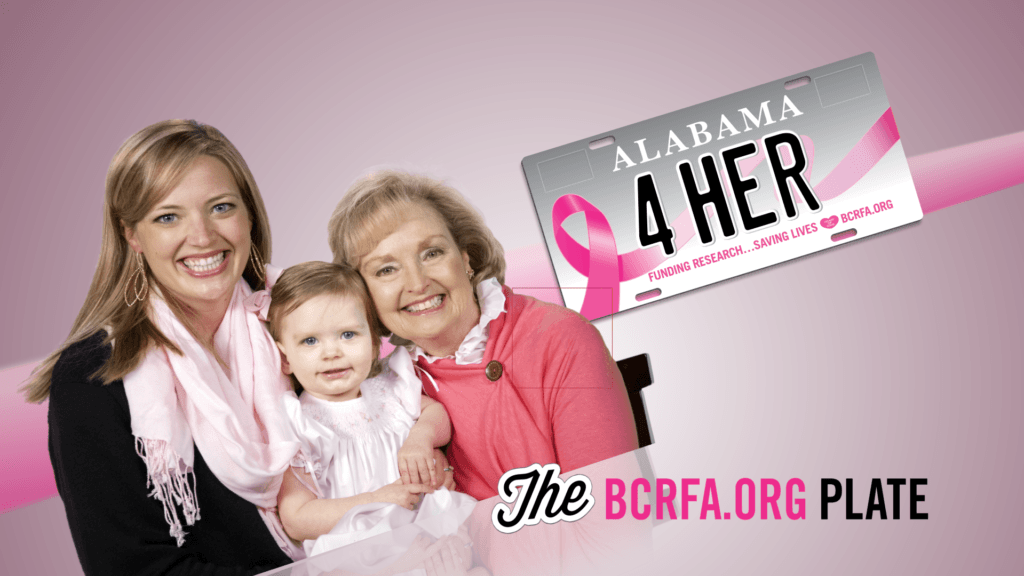 Of course, our biggest goal is to raise money for research. That’s always our intention and always our mission.
Of course, our biggest goal is to raise money for research. That’s always our intention and always our mission.
But what’s really caught me off-guard is the amount of young women – some with very small children – that are getting breast cancer. For those women, the BCRFA junior board has given them community. They’re not alone. There are people in this with them. We’re all trying to fight this disease.
Like I said, our number one goal is research, but at the same time, I feel it’s been a great resource for younger people who have been diagnosed or impacted to build community and have people to reach out to. That’s something I wish had been available when I was younger. We had such little understanding of what it meant for someone close to us to have cancer. Being visible gives hope and reassurance.
What’s your favorite memory from working with the BCRFA Junior Board?
At the first Pink Up the Pace, there were only about six of us. And we were so worn out because we had worked so hard all week – but when people started arriving, we all looked at each other almost in disbelief. It was so encouraging to see the amount of families coming out and showing their support. It was a beautiful day.
We ended up having over 200 people attend, which was a huge success. It was a lot of work, but it went smoothly – for the most part! And, like I mentioned, it felt very full-circle from when I was volunteering at the first-ever BCRFA event as a child.
What would you say to encourage a new potential member to get involved with the Junior Board?
There are so many junior boards in Birmingham – and they’re great – but they’re well-oiled machines. At the BCRFA, we’re building from the ground up. When you join us, you’re getting your hands dirty and realizing the potential we have.
We encourage our members to bring all their ideas, because we’re actively figuring things out and deciding our next step.
When you’re on our board, your voice is heard. You’re making a real difference. And you see the amazing impact that your work has.
Interested in joining the Junior Board of the BCRFA? Fill out this form (self-nominations accepted) and send to [email protected] to apply.
